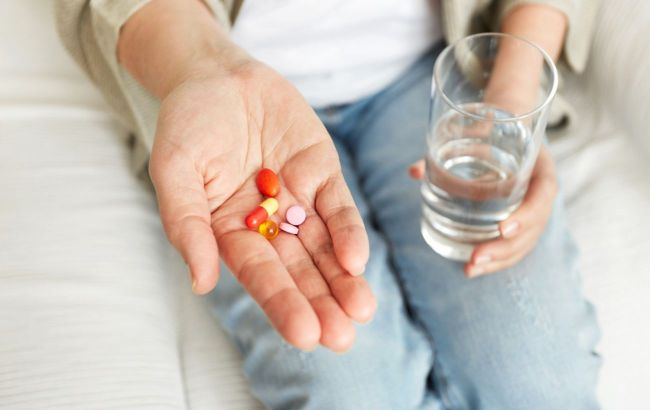Consumption of this vitamin reduces risk of kidney stone formation by 22%
 The vitamin that reduces the risk of kidney stone formation is named (Illustrative photo: Freepik)
The vitamin that reduces the risk of kidney stone formation is named (Illustrative photo: Freepik)
Niacin, or vitamin B3, may help reduce the risk of kidney stones. Certain foods contain this micronutrient and contribute to better health, according to Eating Well.
Details of the study
Niacin is an essential nutrient that plays a key role in the proper functioning of the body.
A large health study conducted between 2007 and 2018 examined the diets of 28,508 participants with an average age of just over 47 years.
Researchers assessed how much niacin participants consumed over a 24-hour period and whether they had a history of kidney stones.
When comparing the group with the lowest niacin intake to the group with the highest, it was found that the latter had a 22% lower likelihood of developing kidney stones. This benefit was particularly noticeable in people under 60 years old.
The researchers also observed that the relationship between niacin intake and kidney stone formation was not entirely linear. It followed an "L-shaped" curve, suggesting that even a moderate increase in niacin intake helps reduce the risk.
Which foods contain niacin
Here are some foods to focus on if you're trying to increase your niacin intake:
- Chicken breast: A lean, versatile protein source, chicken breast is packed with niacin to meet your dietary needs.
- Tuna: Whether fresh or canned, tuna is rich in niacin and heart-healthy omega-3 fatty acids.
- Turkey: This lean meat is an excellent niacin-rich option, making it a great choice for a balanced diet.
- Peanuts: These convenient, tasty snacks not only offer a high protein content but also serve as a great plant-based source of niacin.
- Mushrooms: Natural sources of niacin, mushrooms add a savory, earthy flavor to dishes.
- Other common sources of niacin include brown rice and salmon.
Other common sources of niacin include brown rice and salmon.
Incorporating niacin-rich foods into your diet can be another step toward keeping your kidneys healthy. However, remember that no nutrient is a cure-all. A balanced diet, proper hydration, and awareness of individual risk factors are all important aspects of your health.
Earlier, we reported on four foods that contain the same amount of Omega-3 as salmon.
Also, read about 7 foods that contain vitamin K and ensure proper blood clotting.
This material is for informational purposes only and should not be used for medical diagnosis or self-treatment. Our goal is to provide readers with accurate information about symptoms, causes, and methods of detecting diseases. RBС-Ukraine is not responsible for any diagnoses that readers may make based on materials from the resource. We do not recommend self-treatment and advise consulting a doctor in case of any health concerns.

